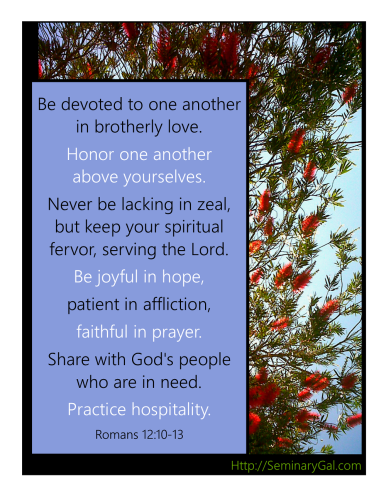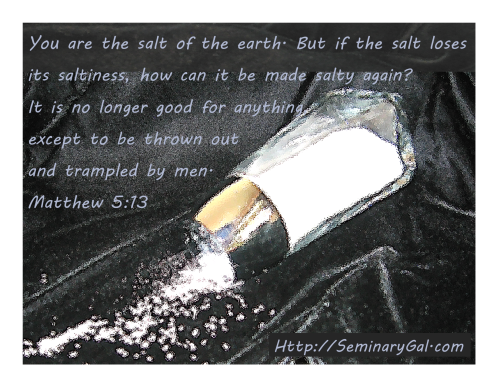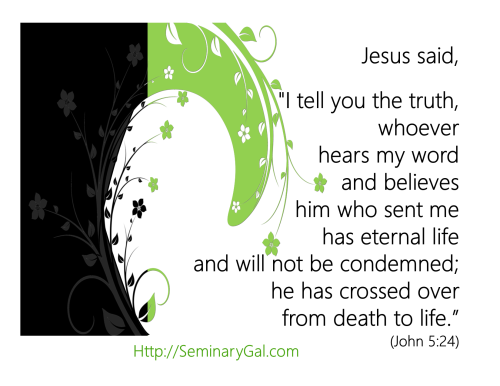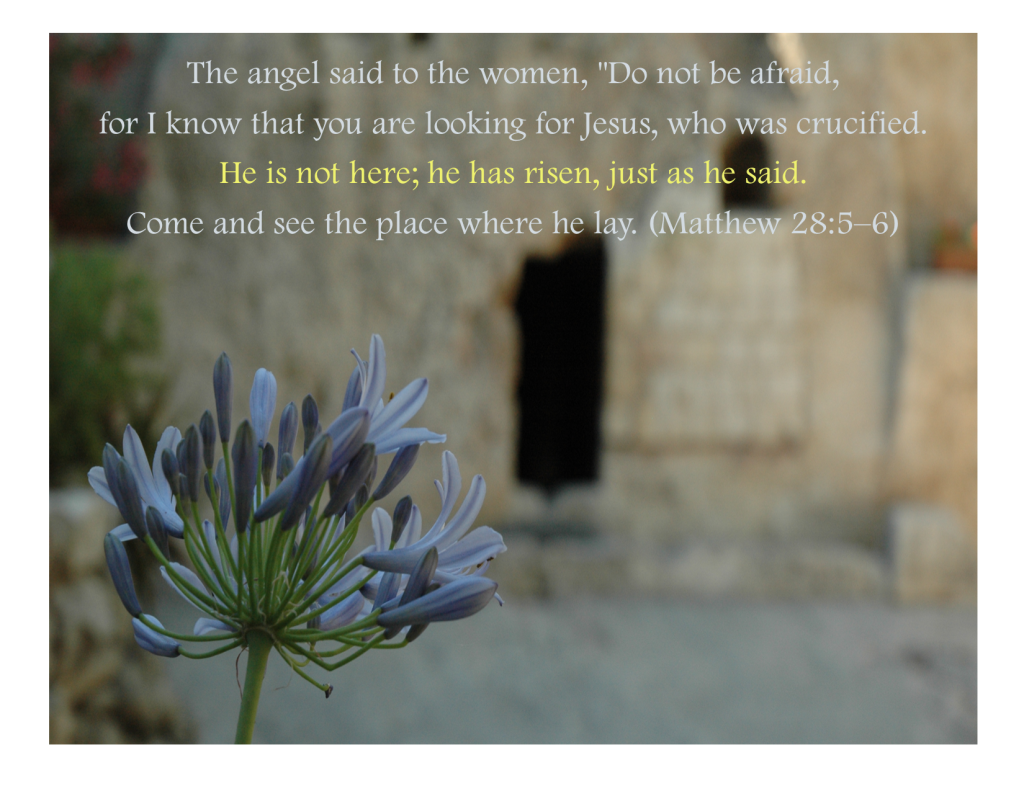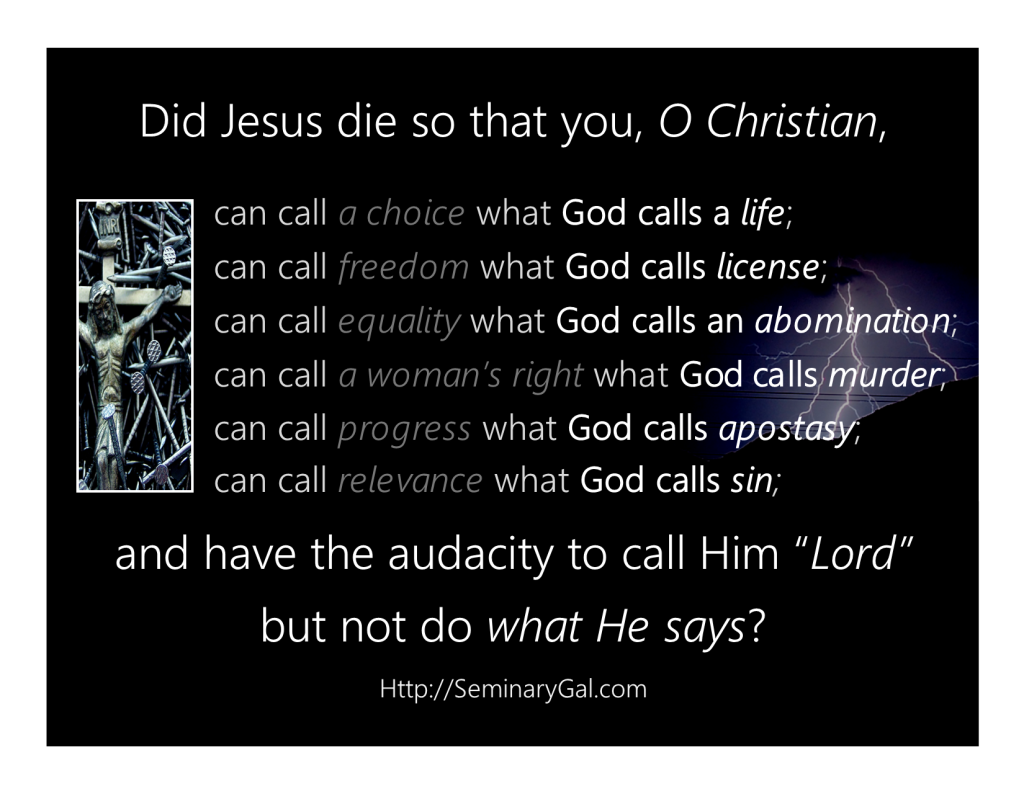Brotherly love is not an easy thing to have. Especially when there are so many things capable of dividing us from one another. Even among Christians, we can be divided by politics, by socio-economic status, by race, by gender, by theological concepts, and by a myriad of other things.
But, in today’s passage, we see that when we are purified by the truth of the Gospel, we will be able to love one another deeply…from the heart! How does the truth of the Gospel purify us? Well, it becomes the overarching truth of our lives. We are sinners. God is righteous and holy. We need a Savior, each and every one of us. We therefore ought to see ourselves and each other through the lens of humility.
Ought differences between men and women divide us when Christ died to unite us? Ought the rich resent the poor or the poor hate the rich when Christ died to unite us in brotherly love? The problem in Americn culture is that we’ve lost sight of the truth of what we’re worshiping and have forgotten what it means to love one another deeply.
So let’s remember the truth of the Gospel and feel the needs of others as acutely as we feel our own. Let’s resolve to treat each other as brothers and sisters in Christ rather than as adversaries. Let’s remember that heaven’s residents will be those we agreed with and those we did not here on earth. Let’s take all the worldly agendas that drive our daily existence or drive a wedge between us and nail them to the Cross where Jesus died to make peace with God for us. Then the truth of the Gospel will purify us and free us to love one another deeply.

